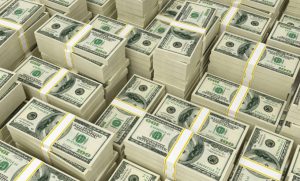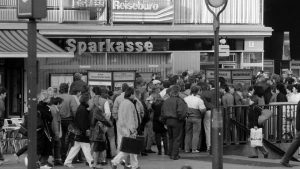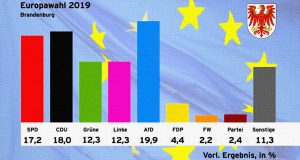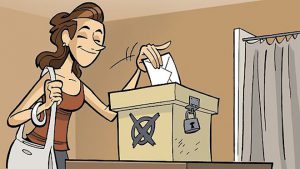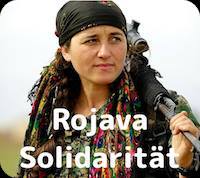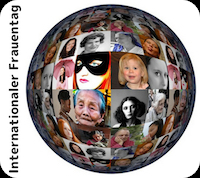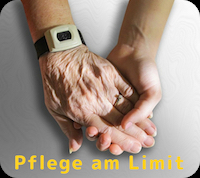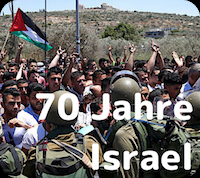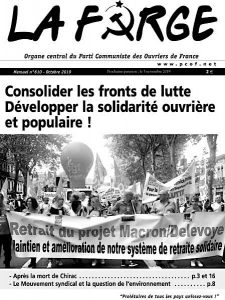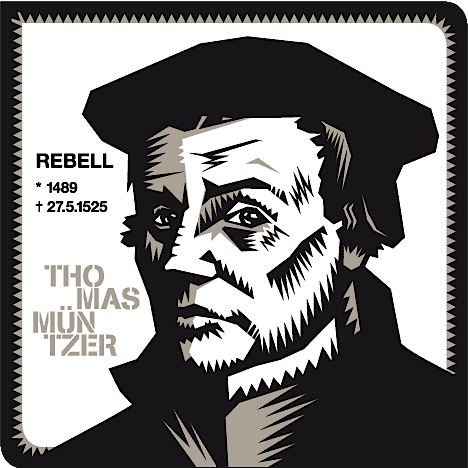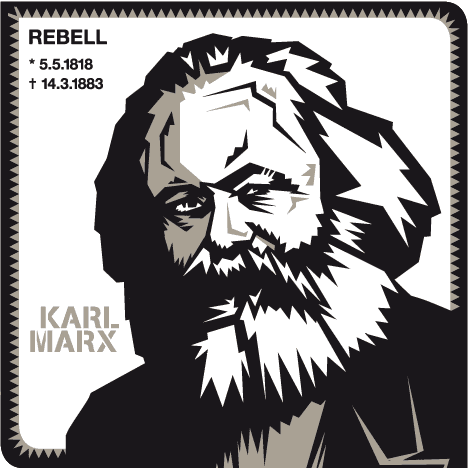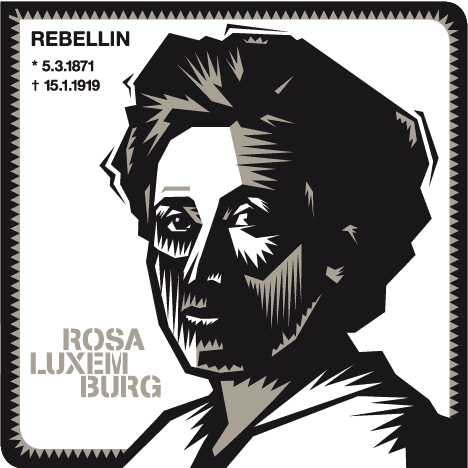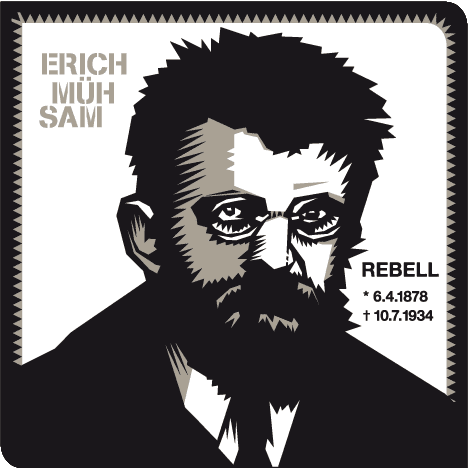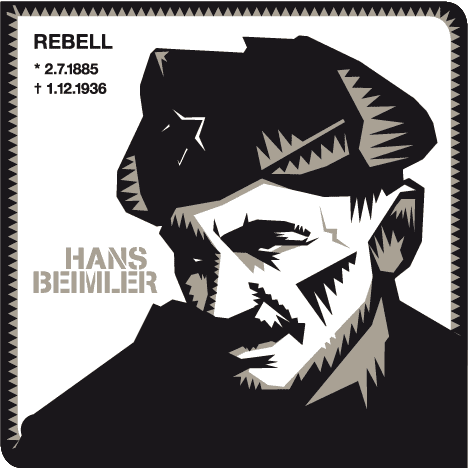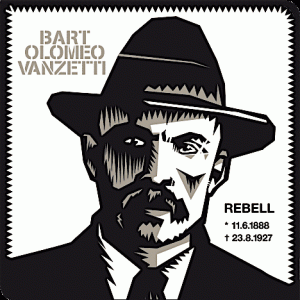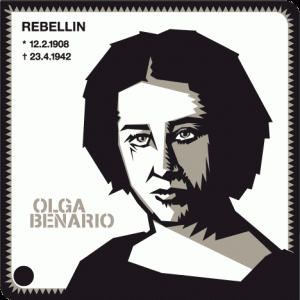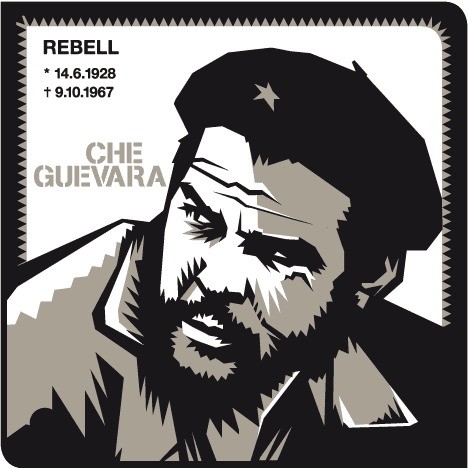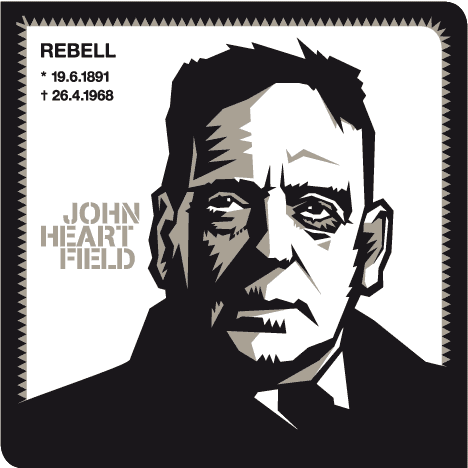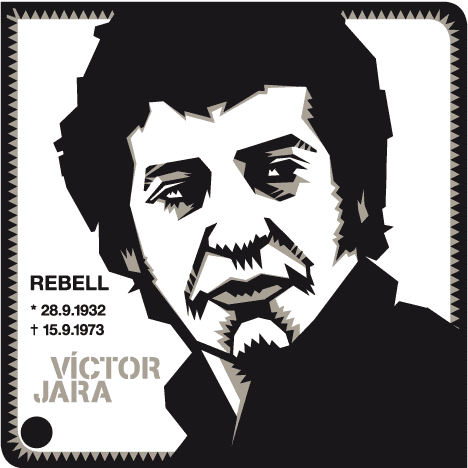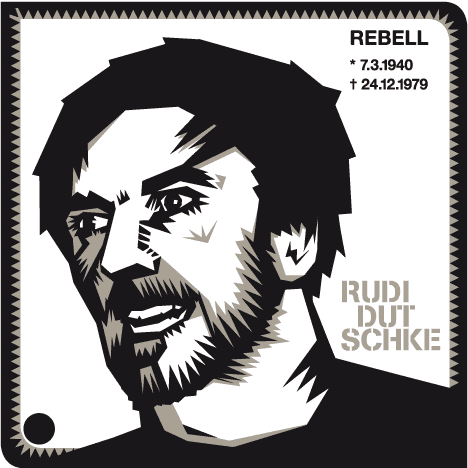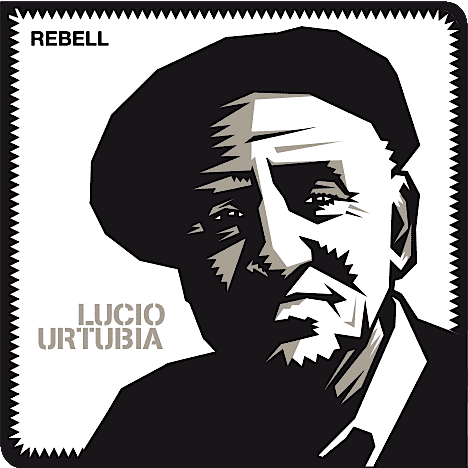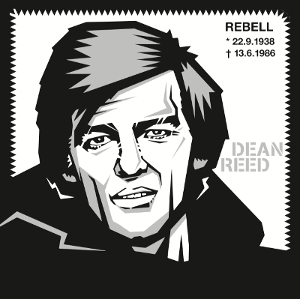Victor Grossman
Rosa and Karl – 100th anniversary
Berlin Bulletin No. 157
.

Victor Grossman
Red flags everywhere, hundreds, more hundreds, thousands marched along through the drizzly weather and puddled streets. Many bent figures hobbled with canes, some were in wheelchairs next to a younger set sitting proudly on their fathers’ shoulders or in strollers. Then another big group of young people arrived, some singing or chanting leftist demands. Most spoke German but much Turkish, English and a dozen other languages mixed in. They all moved past the rows of political and snack booths, a majority had red carnations for a ring of graves and, in a brick semicircle, urns with names which once resounded well beyond Germany from 1900 to 1990. One section is for those who fought and died in Spain. But the masses of red flowers for Karl Liebknecht and, even more for Rosa Luxemburg, was higher than I have ever seen them. Both were murdered one hundred years ago.
Why do those two names mean so much to so many people? This year 20,000 were estimated, but who could count the individuals and the group waves during the whole of Sunday. It was far more than last year, when 10,000 were estimated. I have watched the numbers increase or decline over the years, sometimes in official GDR parades, sometimes, afterwards, faced by mounted police, dogs, helicopters, and in one year banned (but defied). There were fewer in recent years as faithful GDR old-timers died out. This year’s increase was due in part to the 100th anniversary, but not only that.
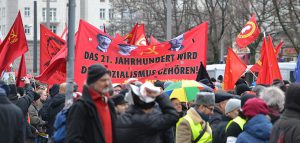
Photo: Karl-Heinz Schulze, Sassnitz
These commemorations began soon after their death and were only stopped fully by the Nazis, who destroyed the monument by the great Mies von der Rohe and destroyed the bodies, or what was left of Rosa after months in the canal into which the killers threw her corpse. Thus the graves are empty, but this cannot lessen the unending admiration and love for Karl, a great, courageous fighter and, undeniably even a little more, for Rosa, a delicate, sensitive woman, limping since childhood, a lover of poetry and the smallest aspects of nature: a tiny bird, a beetle attacked by ants, a nightingale, but then, with her clear, sharp mind, superior to so many of the loud men she was surrounded by, capable of fiery speeches which moved so many audiences and were feared by so many enemies.
What they yearned and fought for – and aroused such love and hatred – was first the war’s end and then a socialist Germany and a socialist world, with wars forever banned. Much of this seemed within reach in November 1918, when navy sailors refused to sail their ships into a final, fatal encounter with the British fleet. Arrested and locked up in port in Kiel, they were supported and freed by the shipyard workers, and the soldiers sent to subdue them turned their guns around, forcing an end to World War One, deposing the Kaiser, and setting off Germany’s November Revolution. The rebellious sailors moved to Berlin, hundreds of thousands of workers joined in, and Karl Liebknecht announced a new Socialist Republic of Germany from the Kaiser’s deserted palace.
But hardly a mile away another state was also created – what came to be known as the Weimar Republic because that is where its constitution was approved. Its president was Friedrich Ebert, the head of the Social Democratic Party, which supported the Kaiser’s war from start to finish. Karl Liebknecht was in 1914 the only Social Democrat to reject the war, or spending one mark for it. His continuing opposition, and that of Rosa, who also insisted that working people should never massacre each other, meant imprisonment for both till they were freed by the revolution.
.
More by Victor Grossman
.
Only the author is responsible for the content of this article.
It doesn’t have to be the opinion of the editorial board.
Attribution-NonCommercial-NoDerivatives
4.0 International (CC BY-NC-ND 4.0)Even leftist journalism is not free
and even small donations can help to publish big things!
Back to the homepage Tell us your opinion with a comment! ↓




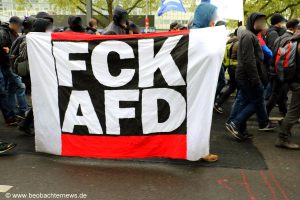
 But its “realo” faction outscored its “fundis”, pragmatic “realists” beat leftist “fundamentalists”. When it joined a government coalition with the Social Democrats on the federal level in 1998, its radical aspects retreated. The major break came when Joschka Fischer, its leader and foreign minister, sent German bombers against Serbia, a brutal war crime based on lies (now increasingly coming to light). It was the first time since 1945 that Germans in uniform (in planes) killed people outside their national borders, and was made possible by German unification nine years earlier – and by the Greens. In its years sharing the helm of state, until 2005, a whole series of measures were also passed against Germans at home –hitting hardest at the jobless and at pensioners, while the wealthy were not just spared but richly rewarded with a multibillion cut in taxes.
But its “realo” faction outscored its “fundis”, pragmatic “realists” beat leftist “fundamentalists”. When it joined a government coalition with the Social Democrats on the federal level in 1998, its radical aspects retreated. The major break came when Joschka Fischer, its leader and foreign minister, sent German bombers against Serbia, a brutal war crime based on lies (now increasingly coming to light). It was the first time since 1945 that Germans in uniform (in planes) killed people outside their national borders, and was made possible by German unification nine years earlier – and by the Greens. In its years sharing the helm of state, until 2005, a whole series of measures were also passed against Germans at home –hitting hardest at the jobless and at pensioners, while the wealthy were not just spared but richly rewarded with a multibillion cut in taxes.